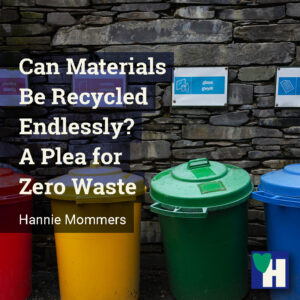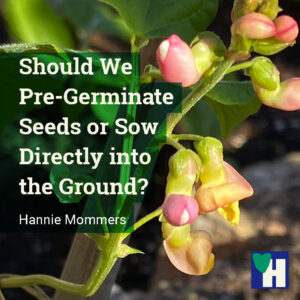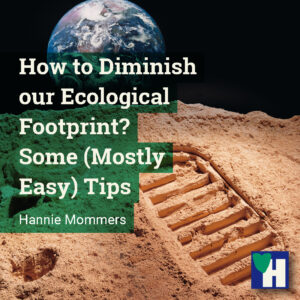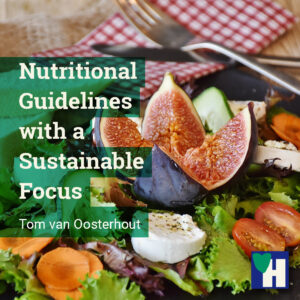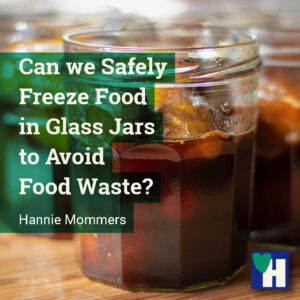
Food is wasted everywhere. That starts with the harvest, then with the distribution, followed by the shops and restaurants. But most of the food is wasted by us, the consumers. According to the Commission for Environmental Cooperation, about 57% of total food waste occurs at home.
Any leftovers from the meal can be frozen for later when we don’t have time to cook.
But what should we use if we don’t want plastic in the kitchen? Is it safe to freeze food in glass jars? To answer that question right away: yes, it is possible, provided the glass meets a few conditions.


